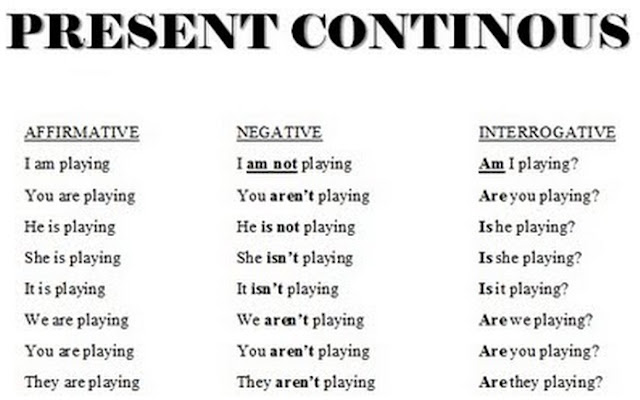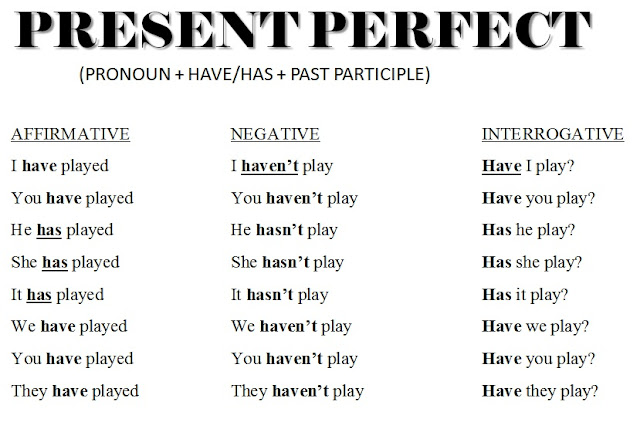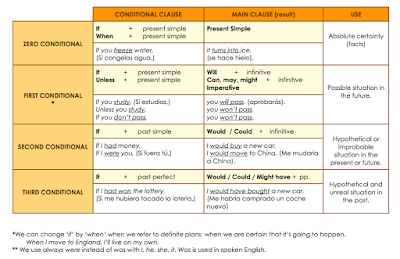UNIT 13
VOCABULARY
- PART-TIME
- FULL-TIME
- TEMPORARY JOBS
- SELF-EMPLOYED
- SALARY
- WAGES
- ON COMMISSION
- SET BY
GRAMMAR: Reported questions
Have,do or be and modal questions: ONE TENSE BACK
IF/WHETHER : Do you want some more tea? asked Peter.
Peter asked if/whether I wanted some mote tea.
Wh-questions: ONE TENSE BACK
What do you want for dinner? asked my mother
My mother asked what I wanted for dinner.
VOCABULARY
- apply for a job
- make someone do sth.
- cause someone to do sth.
- approve of (doing) sth.
- complain about sth.
- be interested in (doing) sth-
- be made to do sth.
- be involved in (doing) sth.
- apologise for ( doing) sth.
- insist on (doing) sth.
GRAMMAR: Indirect questions
1 Question marks
The ones starting with a modal or an auxiliary : WITH QUESTION MARK
The ones starting with"I wonder if you..." I would like to know...": NO QUESTION MARK
2 Word order
Do not use the question form.
3 Have, or be and modals questions; and Wh- questions:
The same as in reported questions
4 Tense changes
Do not change the tense.







